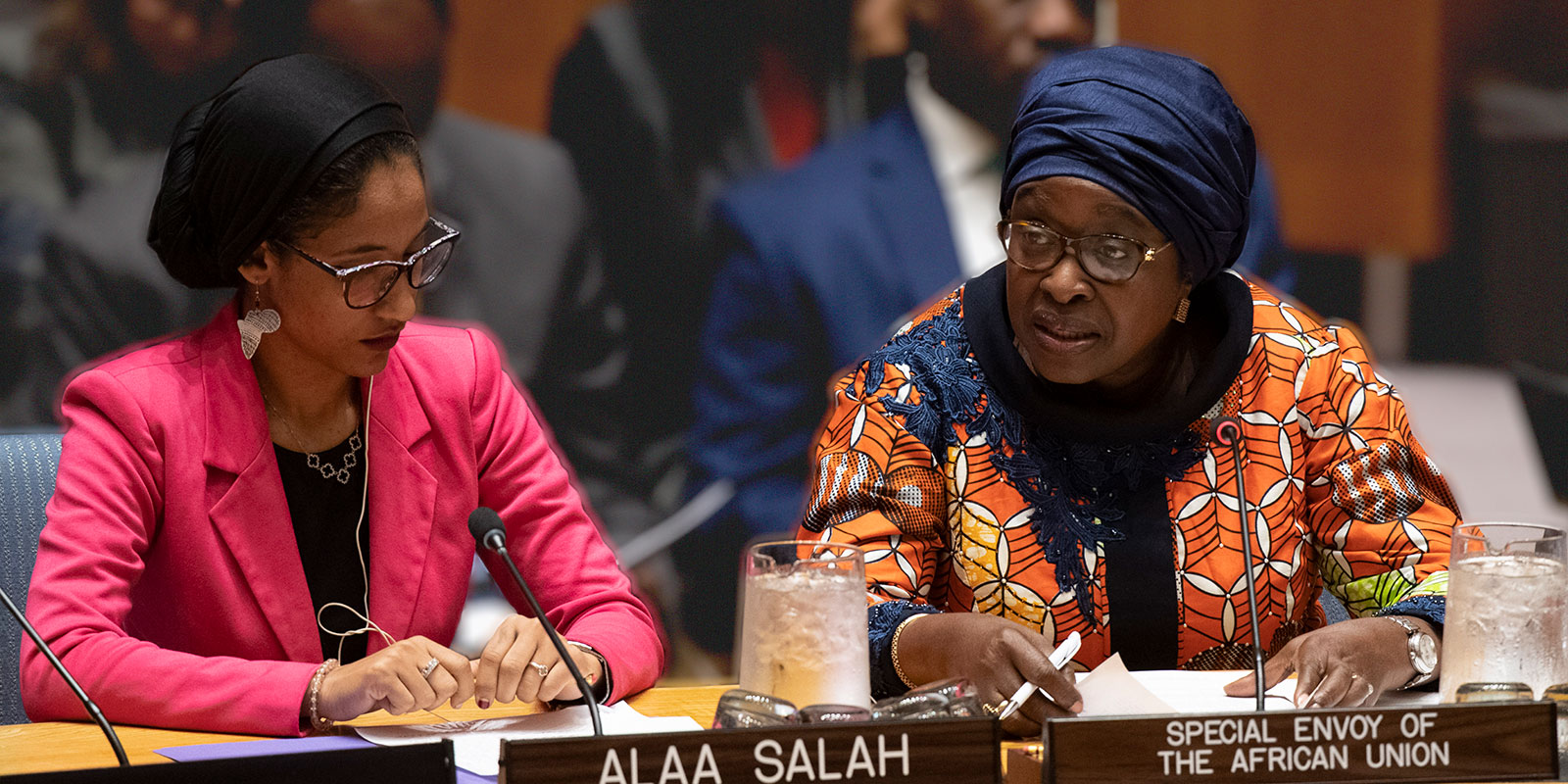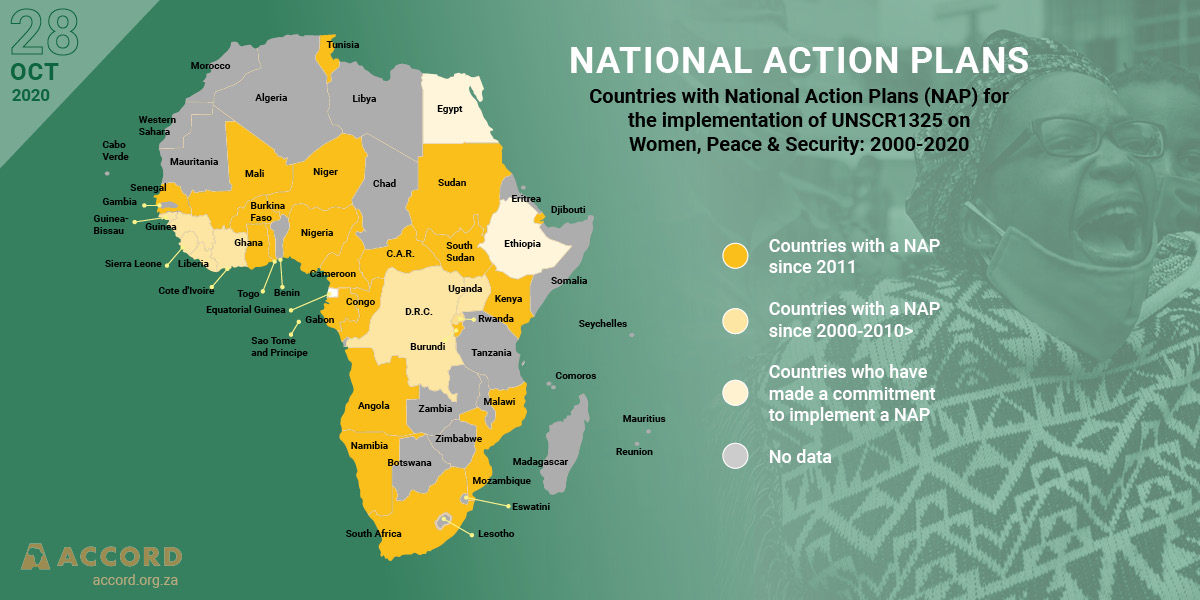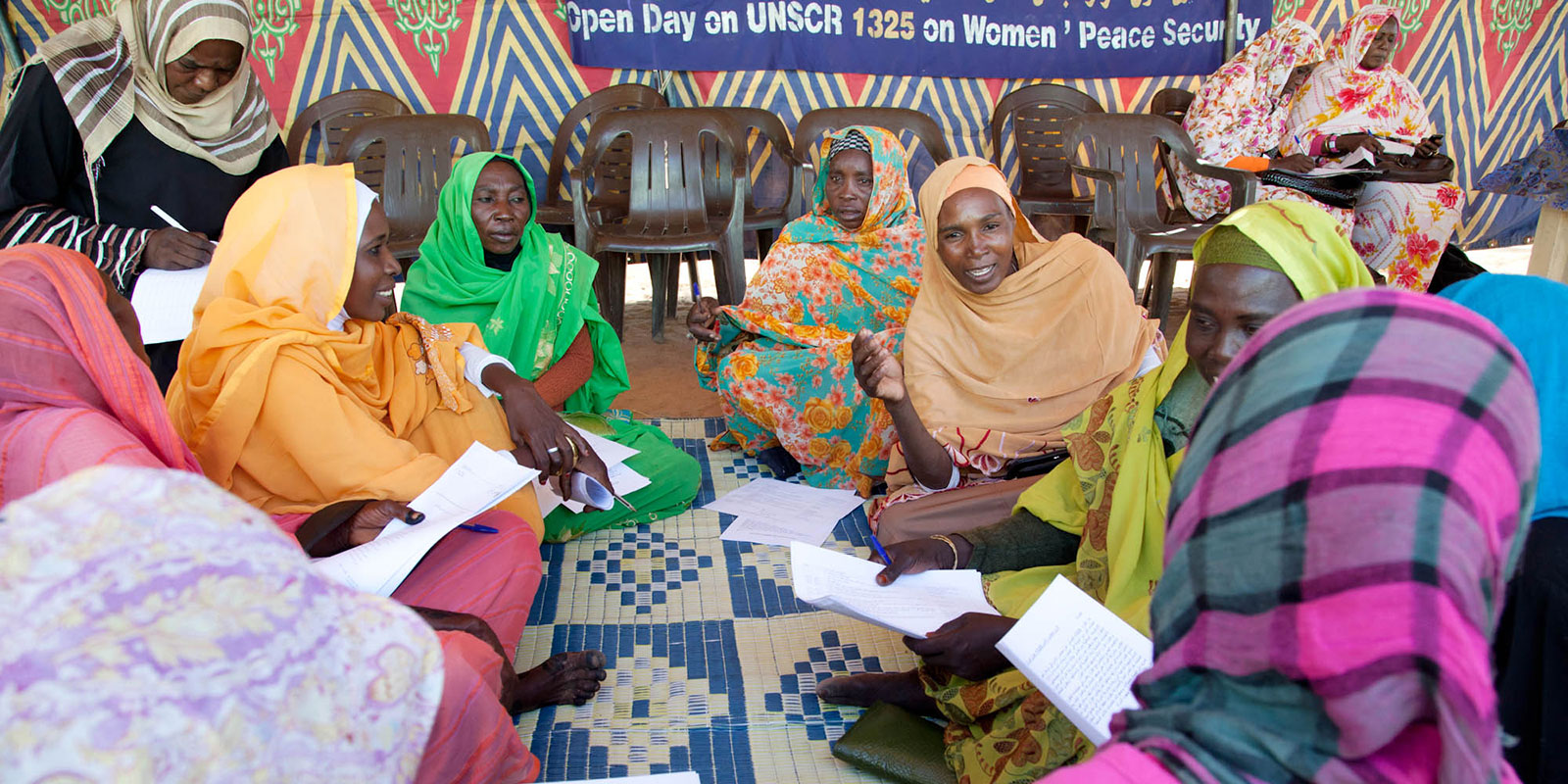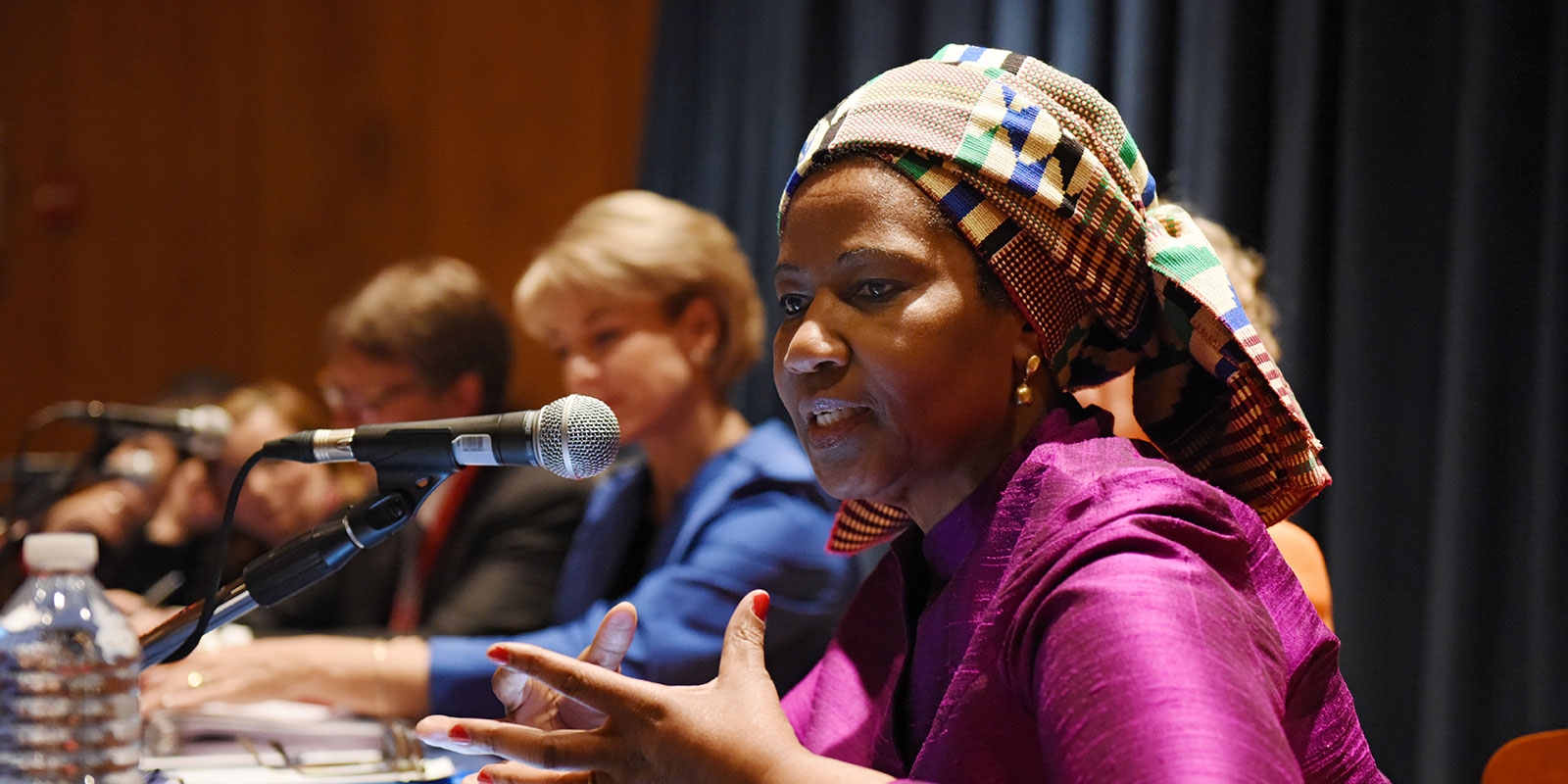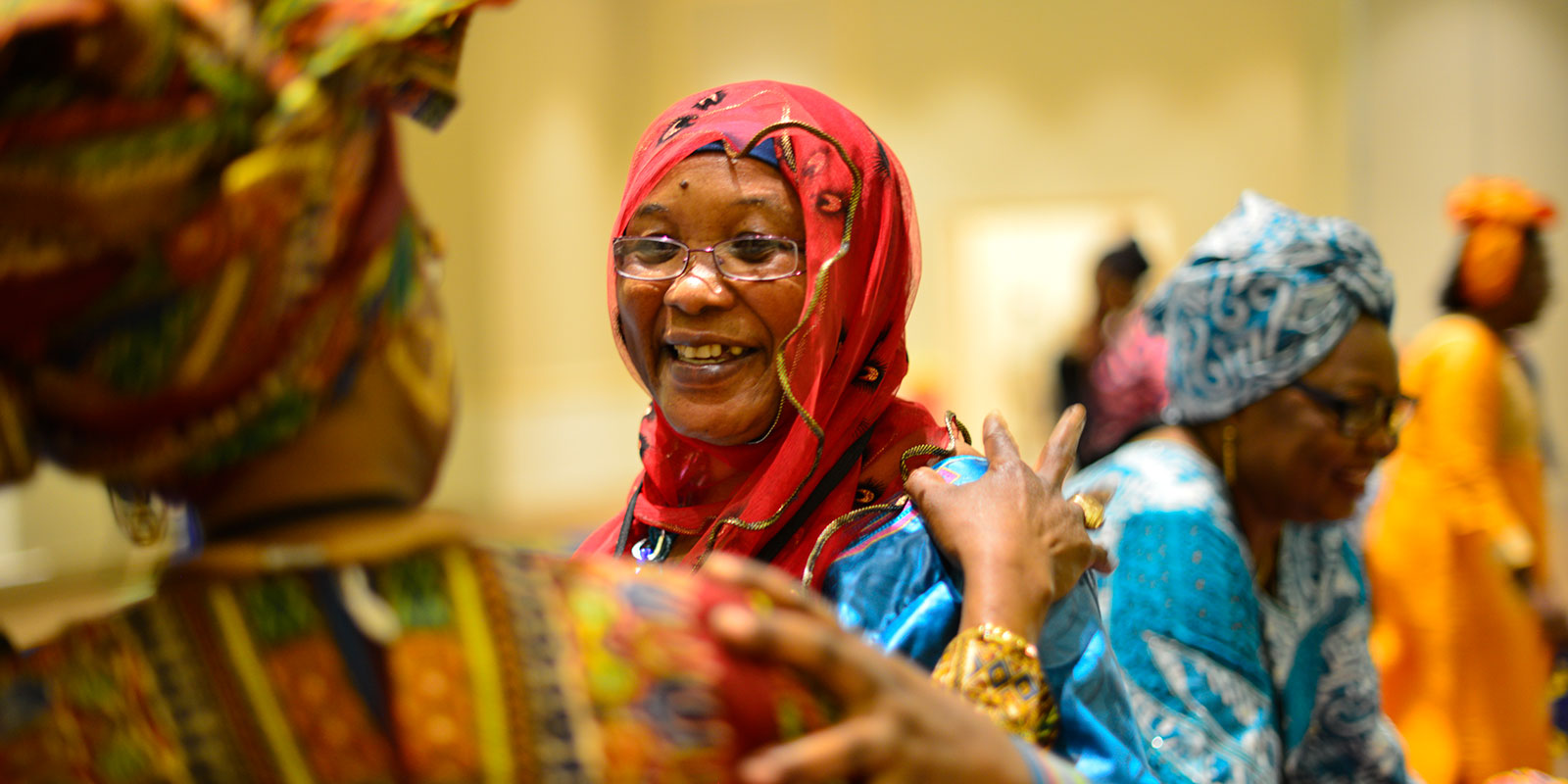This week we celebrate the 20th anniversary of the adoption of the United Nations Security Council Resolution 1325 (UNSCR 1325) on Women, Peace and Security (WPS). A momentous event that linked women, peace and security to international peace and security and set the normative WPS agenda. On the one hand, the COVID-19 pandemic has disrupted our traditional celebrations; on the other hand, it has posed new challenges for the agenda to grapple with. While it is too early to assess the real impact of the COVID-19 pandemic on the WPS agenda, academics, policy makers and practitioners have been analysing trends to make sense of the intersection of WPS dimension, COVID-19 and emerging conflict pathways. The jury is still out on the impact of COVID-19 and the WPS agenda. In this special edition of the monitor we bring some important current discussions to your attention.
Our feature article is co-authored by two women who are amongst the distinguished African women leaders of the continent. Speciosa Wandira Kazibwe and Catherine Samba Panza. Speciosa Wandira Kazibwe is the former Vice President of Uganda from 1994 to 2003. She is the first woman in Africa to hold the position of vice-president. Catherine Samba Panza served as the interim President of the Central African Republic from 2014 to 2016. She was the first woman to hold the post of head of state in that country, as well as the eighth woman in Africa to hold such office. They are the inaugural co-chairs of the Network of African Women in Conflict Prevention and Mediation (FemWise-Africa).
In her contribution, Mukondeleli Mpeiwa, coordinator of FemWise-Africa, draws our attention to the role of women in mediation, a topic that has preoccupied the African women’s movement, and the normative agenda on WPS. Women in mediation is at the crux of what UNSCR 1325 has tried to address. COVID-19 has interrupted the women in mediation discourse and directed our attention to how women mediators have been impacted by COVID-19.
Funmi Olonisakin and Awino Okech two leading African Scholars and academics who have been interrogating research questions on the WPS agenda reflect on the three pillars of: feminist security studies, civil society activism, and policy decision-making – and how they have influenced the women, peace and security agenda.
Pravina Makan-Lakha rounds off the special edition with a turn towards the African women’s movement, especially on the contribution that civil society has made – both before and during the COVID-19 pandemic – to bring about, implement and safeguard the women’s peace and security agenda.

